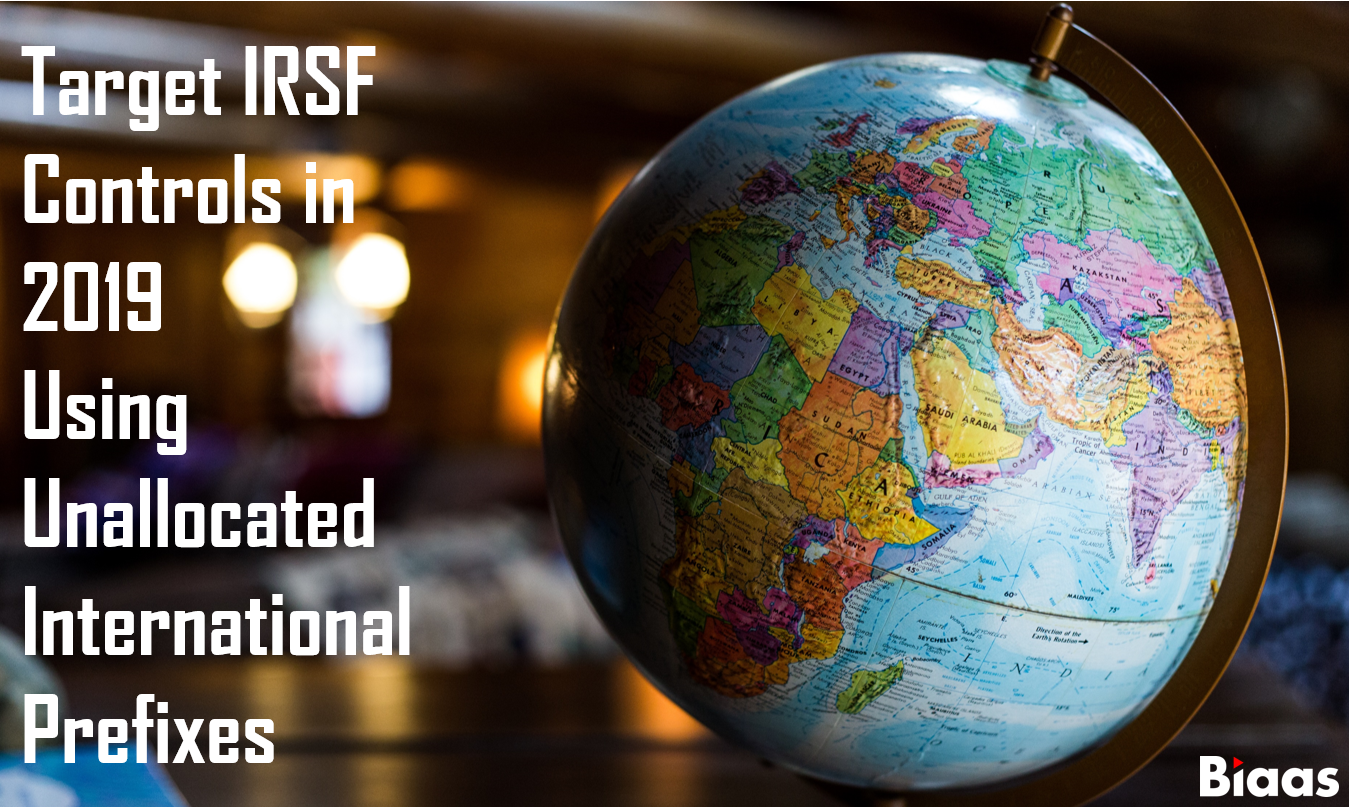Enhancing Telco Fraud Controls without Impacting on Legitimate Revenues, by using Unallocated Prefixes

The last time Biaas published a short blog about unallocated international destinations was in September 2018. As the need for using unallocated prefixes to enhance anti-fraud controls only becomes clearer to the industry and ourselves, we thought it was time for another.
Biaas’s FNRM™ database contains not only destination prefixes classed as unallocated by International regulators, but also international destination prefixes which are within a high-risk expensive range, but which have been unassigned at a local level and so carry zero legitimate traffic today.
Example Key Anti-Fraud Controls using Unallocated Prefixes – using Wangiri as an example
Identifying the extent of Incoming Wangiri – simply mapping the unallocated prefix to the CLI (A Number) of an international incoming call will expose Wangiri to an unallocated destination within an expensive international range…exactly the kind of destination the fraudster wants the unwitting recipient to dial.
Once identified there are several options open, and these are just some examples
Blocking incoming Wangiri – using the unallocated and higher risk expensive prefixes to automatically block incoming Wangiri. If you are using Biaas FNRM™ you can be sure that no legitimate traffic will be blocked, and we aggregate our data so there is far less destinations to manage.
Blocking outgoing Wangiri – using the unallocated prefixes to block the outbound leg of the call is a sure way of stopping an expense being incurred and protecting the end customer. There will otherwise be no legitimate traffic to these destinations as they are unallocated.
Hiding the Wangiri CLI – probably not allowed in every country (check local laws etc) though the unallocated list can initiate a trigger to hide the CLI from the customer so they cannot call back and so are protected.
Reducing Wangiri Dial Back through using a call announcement – using the expensive unallocated prefix to ensure there is an automatically triggered call announcement if the customer dials a number beginning with that prefix.
